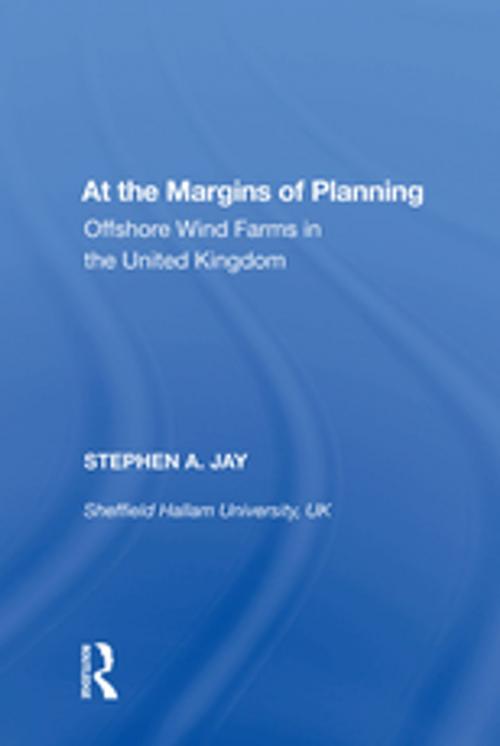At the Margins of Planning
Offshore Wind Farms in the United Kingdom
Nonfiction, Social & Cultural Studies, Political Science, Politics, Regional Planning| Author: | Stephen A. Jay | ISBN: | 9781351162906 |
| Publisher: | Taylor and Francis | Publication: | November 30, 2017 |
| Imprint: | Routledge | Language: | English |
| Author: | Stephen A. Jay |
| ISBN: | 9781351162906 |
| Publisher: | Taylor and Francis |
| Publication: | November 30, 2017 |
| Imprint: | Routledge |
| Language: | English |
Offshore wind farms are being developed on a major scale around the UK coastline as part of the drive to increase renewable energy production. This presents a new departure for the renewables sector. Having fewer physical constraints than on land, they avoid the planning system, which currently ends at low water mark. However, planning authorities and the communities they represent are deeply concerned about the consequences of offshore wind farms along their coastal zones. This book presents an empirical investigation into the attitudes of local planning authorities into the development of offshore wind farms, examining these findings in light of wider debates about the use and management of the seas and the potential contribution of the mechanisms of planning. The book also raises questions about the geographical limits of planning and how to go about establishing a form of spatial planning to cover the marine environment.
Offshore wind farms are being developed on a major scale around the UK coastline as part of the drive to increase renewable energy production. This presents a new departure for the renewables sector. Having fewer physical constraints than on land, they avoid the planning system, which currently ends at low water mark. However, planning authorities and the communities they represent are deeply concerned about the consequences of offshore wind farms along their coastal zones. This book presents an empirical investigation into the attitudes of local planning authorities into the development of offshore wind farms, examining these findings in light of wider debates about the use and management of the seas and the potential contribution of the mechanisms of planning. The book also raises questions about the geographical limits of planning and how to go about establishing a form of spatial planning to cover the marine environment.















